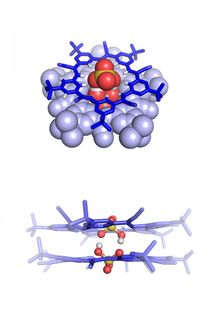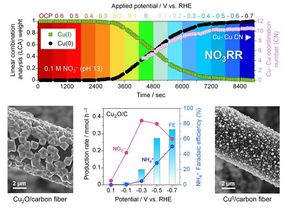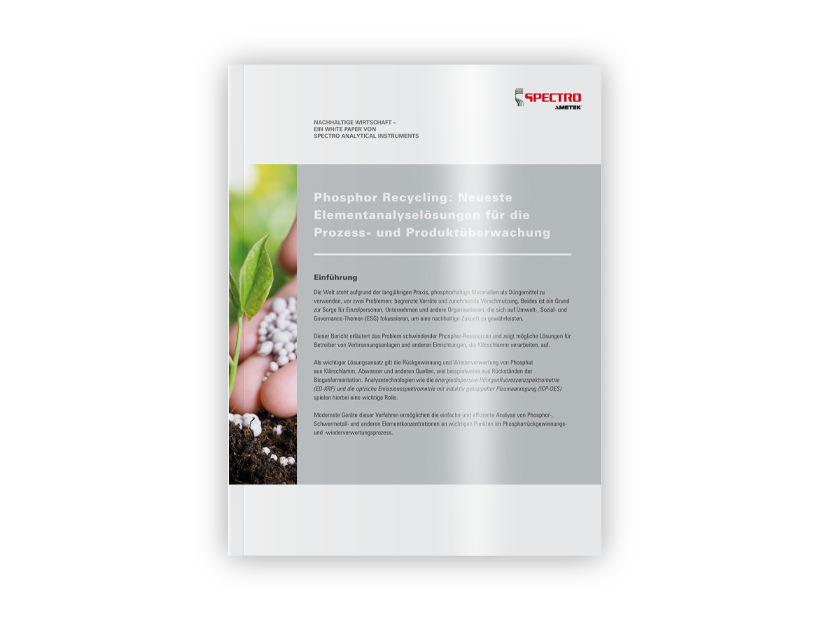Monsanto Develops New Technology To Enhance Commercial Soybeans; Technology Could Lead to Improvements in Other Crops
Advertisement
A new technology developed by Monsanto researchers enables scientists to identify and utilize valuable genetic information from unadapted wild or exotic soybean varieties. Information from these varieties, which are otherwise unusable for modern farming or breeding, could lead to increased yield and other improvements in commercial soybean and other crops.
"Breeders around the world will now be able to benefit from exotic plant varieties as a source of genetic improvement for commercial soybean varieties because many of the traits can now be identified and applied," said Xavier Delannay, Director of Discovery for the Monsanto Molecular Breeding group.
"Monsanto examined thousands of genes from exotic varieties in order to develop this technology and to identify a set of molecular markers that could result in economic and environmental benefits for growers and consumers around the world," he said. A higher yielding soybean could result in increased economic and environmental benefits, including increased production efficiency for farmers. New soybean varieties could lead to increased oil and protein production per acre of land farmed, as well as enhanced food security wherever soybeans are grown.
The potential introduction of these new benefits into soybeans reflects Monsanto's commitment to developing technologies that deliver environmental and commercial benefits to farmers. This commitment is a tenet of the New Monsanto Pledge, a description of the company's policies for products developed through biotechnology.
"At Monsanto we are committed to providing growers with improved technologies that make their farms more efficient, their crops more productive, and the environment better protected," said Delannay.
"Our new technology aimed at improving the productivity of commercial soybeans should lead to new and enhanced products that benefit farmers throughout the world." Monsanto is pursuing a patent for the technology only in the United States, but researchers throughout the world will be able to apply this technology to soybeans and other crops. "It is our hope that this data will facilitate and encourage additional crop research," said Delannay.
"These crops could include sorghum and millet, two foods a recent report by the United Nations singled out as being a priority for additional research in developing countries."
Monsanto acquired the genetic information for its invention from a public germplasm collection maintained by the U.S. Department of Agriculture (USDA). Monsanto believes using this data, which is accessible and used by researchers from around the world, demonstrates the value of genetic germplasm banks to help preserve genetic diversity and encourage the development of better crops.
"Discoveries of valuable traits like the increased yield markers identified by Monsanto prove the viability of germplasm banks and hopefully encourage continued support from governments, academia and industry to preserve those valuable resources," said Delannay.























































